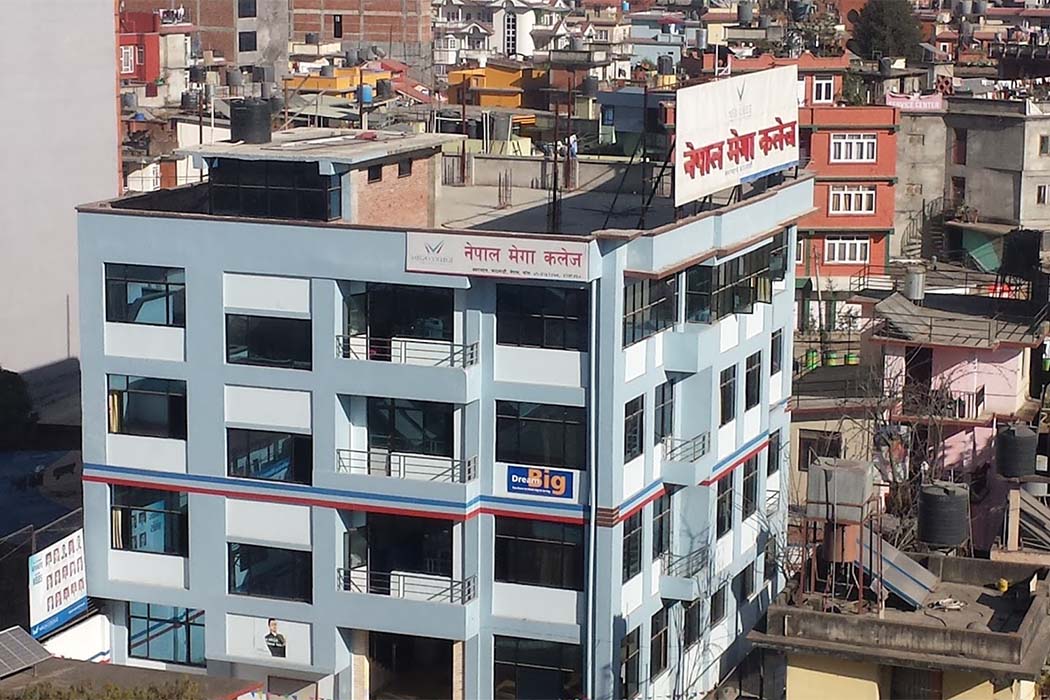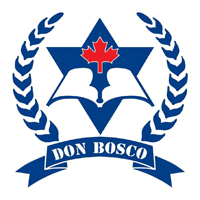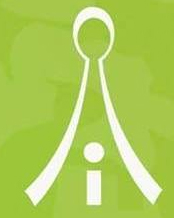Overview
Bachelor of Business Administration (BBA) at Nepal Mega College
BBA at Nepal Mega College, Babarmahal, Kathmandu, runs under Rajarshi Janak University (RJU). The BBA Nepal Mega College RJU program serves students who want a structured, semester-based management degree in Nepal.
You study accounting, finance, marketing, economics, business communication, quantitative methods, information systems, and a capstone that links theory to real tasks. The college follows the university scheme for teaching hours, internal work, and end-of-semester examinations.

Overview
BBA builds steady habits for entry-level management roles. Students learn the language of business, handle numbers, write clear reports, and present ideas in short sessions. Classroom learning sits next to practical tasks such as case notes, mini-projects, and a final report.
Highlights
-
Affiliation: Rajarshi Janak University (RJU)
-
Duration: 4 years, 8 semesters
-
Structure: Core courses, functional papers, electives, internship/project
-
Assessment: Internal tests, assignments, presentations, end-semester exams
-
Location: Babarmahal, Kathmandu
Curriculum Details
Early semesters cover Principles of Management, Micro/Macroeconomics, Business Communication, Business Mathematics, and Financial Accounting. Mid-program courses include Cost/Management Accounting, Business Statistics, Marketing Management, Organizational Behavior, Operations Basics, and Business Law.
Upper semesters introduce Financial Management, Human Resource topics, Information Systems, Entrepreneurship, and an internship or project. Electives allow focus in banking, sales and distribution, insurance fundamentals, or small business development as available to the cohort. Students create short analytical notes, maintain worksheets, and present findings to peers.
Objectives
-
Help students read accounts, numbers, and short cases with accuracy.
-
Build confidence in writing, speaking, and team coordination.
-
Encourage responsible conduct in everyday tasks and record keeping.
-
Prepare students for office roles in banks, trading firms, and service companies.
Scope
Graduates support operations, branch work, and client service in banks and cooperatives. Private firms need BBA graduates for sales coordination, inventory handling, billing, and documentation. Many students aim for MBA or focused certificates after gaining workplace exposure.
Learning Outcomes
-
Read and prepare basic financial statements and budgets.
-
Use spreadsheets for summaries, charts, and simple analysis.
-
Write short business reports and deliver 5–10 minute presentations.
-
Understand product, price, channel, and promotion decisions at an introductory level.
-
Work with deadlines, maintain files, and follow standard procedures.
Skill Development Modules
-
Numeracy & Excel: Business math, ratio analysis, break-even, dashboards for class data.
-
Communication: Memos, meeting minutes, e-mails, and slide decks with clear structure.
-
Banking Basics: Account opening flow, KYC checklists, and service etiquette.
-
Sales & Service: Lead logs, call notes, and order/return documentation.
-
Entrepreneurship: Idea screening, simple feasibility notes, and cash-flow sketches.
Teaching Methodology
-
Class & Tutorial: Concept sessions with problem sets and guided practice.
-
Internal Work: Unit tests, lab/worksheet submissions, mini-projects, viva.
-
Feedback: Rubrics for assignments; revision classes before final exams.
-
Support: Reading lists, past-question practice, and consultation hours.
Admission Requirements
-
Eligibility: 10+2 or equivalent meeting RJU rules for BBA.
-
Selection: University/college admission notice; test and/or interview may apply.
-
Documents: Mark sheets/transcripts, character certificate, recent photos, ID copies.
-
Schedule: Application window and seat details announced each intake.
Career Opportunities
-
Banking & Finance: Teller, operations assistant, documentation, customer desk.
-
Corporate Services: Sales coordinator, procurement support, HR/admin assistant.
-
Entrepreneurship: Small venture support and family business roles.
-
Next Steps: MBA or domain certificates based on interest and eligibility.
Scholarships and Financial Aid
-
Categories: Merit or criteria-based options during admissions.
-
Process: Submit forms with evidence within the intake window.
-
Advisory: Track seat counts, deadlines, and renewal rules per session.
Why Choose This Course?
-
Clear structure: Semester plan with internal signals on progress.
-
Practical habit-building: Numbers, writing, and presentation work in every term.
-
Urban access: Kathmandu setting supports visits, internships, and events.
-
Progression routes: Direct path to entry roles or MBA after experience.
Conclusion
BBA at Nepal Mega College follows RJU norms and a semester rhythm that rewards steady work. Students learn to read data, keep records, speak clearly, and deliver tasks that offices expect from fresh graduates. The program supports early employment and future study based on your performance and plans.
FAQ
Is BBA semester-based?
Yes. Four years across eight semesters.
Do I need an entrance test?
Follow the current RJU/college notice; an admission test or interview may apply.
Is there an internship or project?
Yes. Upper-semester requirement as per university scheme.
What documents are required?
Transcripts, character certificate, photos, and ID copies; see the intake notice for the final list.
Can I pursue MBA after BBA?
Yes. Many students complete a BBA and then move to MBA based on goals and eligibility.





















